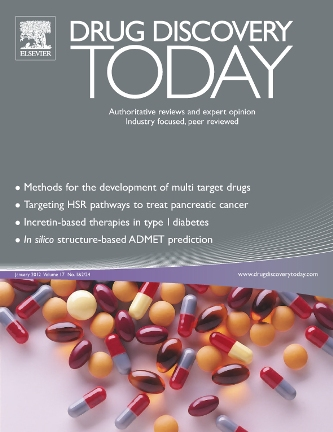Opportunities and insights from pharmaceutical companies on the current use of new approach methodologies in nonclinical safety assessment
IF 6.5
2区 医学
Q1 PHARMACOLOGY & PHARMACY
引用次数: 0
Abstract
Sharing New Approach Methodology (NAM)-based regulatory experiences is crucial for improving human risk assessment and reducing animal use in drug safety testing. To foster broader adoption, the Biotechnology Innovation Organization surveyed companies about NAM usage and collected case studies showcasing NAM-based regulatory filings for biotherapeutics, where NAMs replaced large animal studies for safety assessment. These scientifically justified approaches were generally accepted by global health authorities, particularly in the context of species relevance limitations, prior target modulation experience, and/or when addressing severe disease. Despite successes with NAM-based global regulatory filings, there are concerns from companies about global regulatory harmonization and clinical translatability. NAMs have the potential for greater uptake with enhanced guidance and industry–regulatory agency collaboration being key to their adoption.
制药公司对目前在非临床安全性评估中使用新方法的机遇和见解。
分享基于新方法方法(NAM)的监管经验对于改进人类风险评估和减少药物安全试验中的动物使用至关重要。为了促进更广泛的采用,生物技术创新组织调查了公司关于非活性物质使用的情况,并收集了案例研究,展示了基于非活性物质的生物疗法监管文件,其中非活性物质取代了大型动物研究进行安全性评估。全球卫生当局普遍接受这些科学合理的方法,特别是在物种相关性限制、先前目标调节经验和/或处理严重疾病的情况下。尽管基于nama的全球监管文件取得了成功,但公司对全球监管协调和临床可翻译性表示担忧。通过加强指导和行业监管机构的合作,NAMs具有更大的采用潜力。
本文章由计算机程序翻译,如有差异,请以英文原文为准。
求助全文
约1分钟内获得全文
求助全文
来源期刊

Drug Discovery Today
医学-药学
CiteScore
14.80
自引率
2.70%
发文量
293
审稿时长
6 months
期刊介绍:
Drug Discovery Today delivers informed and highly current reviews for the discovery community. The magazine addresses not only the rapid scientific developments in drug discovery associated technologies but also the management, commercial and regulatory issues that increasingly play a part in how R&D is planned, structured and executed.
Features include comment by international experts, news and analysis of important developments, reviews of key scientific and strategic issues, overviews of recent progress in specific therapeutic areas and conference reports.
 求助内容:
求助内容: 应助结果提醒方式:
应助结果提醒方式:


